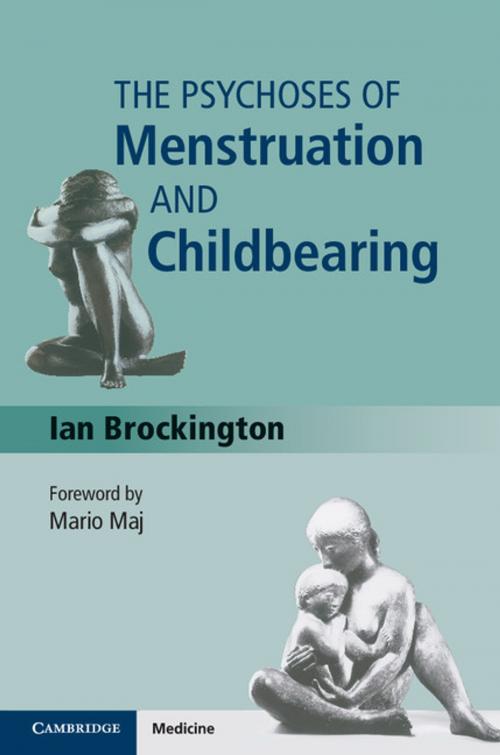The Psychoses of Menstruation and Childbearing
Nonfiction, Health & Well Being, Medical, Specialties, Psychiatry, Ailments & Diseases, Mental Health| Author: | Ian Brockington | ISBN: | 9781316718964 |
| Publisher: | Cambridge University Press | Publication: | August 11, 2017 |
| Imprint: | Cambridge University Press | Language: | English |
| Author: | Ian Brockington |
| ISBN: | 9781316718964 |
| Publisher: | Cambridge University Press |
| Publication: | August 11, 2017 |
| Imprint: | Cambridge University Press |
| Language: | English |
Childbearing, from the standpoint of psychological medicine, is the most complex event in human experience. Of the dozens of disorders that affect the generative process, or are unleashed as complications, many fall under the heading of 'psychoses' - profound disturbances of thought, perception, cognition and behaviour. These psychoses disrupt personal and family life at a critical time. Reviewing the wide range of psychoses that complicate the reproductive process, Ian Brockington proposes radical changes to the concepts of postpartum and menstrual psychoses, with suggestions for fresh research initiatives. Armed with this comprehensive knowledge and wielding a raft of interventions, many women can be restored to health and their vital roles in the family and community. When the risk factors are known, multidisciplinary preventive strategies can transform the lives of vulnerable women. This is essential reading for psychiatrists, obstetricians and gynaecologists, midwives, general practitioners, neuroscientists and related professions worldwide.
Childbearing, from the standpoint of psychological medicine, is the most complex event in human experience. Of the dozens of disorders that affect the generative process, or are unleashed as complications, many fall under the heading of 'psychoses' - profound disturbances of thought, perception, cognition and behaviour. These psychoses disrupt personal and family life at a critical time. Reviewing the wide range of psychoses that complicate the reproductive process, Ian Brockington proposes radical changes to the concepts of postpartum and menstrual psychoses, with suggestions for fresh research initiatives. Armed with this comprehensive knowledge and wielding a raft of interventions, many women can be restored to health and their vital roles in the family and community. When the risk factors are known, multidisciplinary preventive strategies can transform the lives of vulnerable women. This is essential reading for psychiatrists, obstetricians and gynaecologists, midwives, general practitioners, neuroscientists and related professions worldwide.















